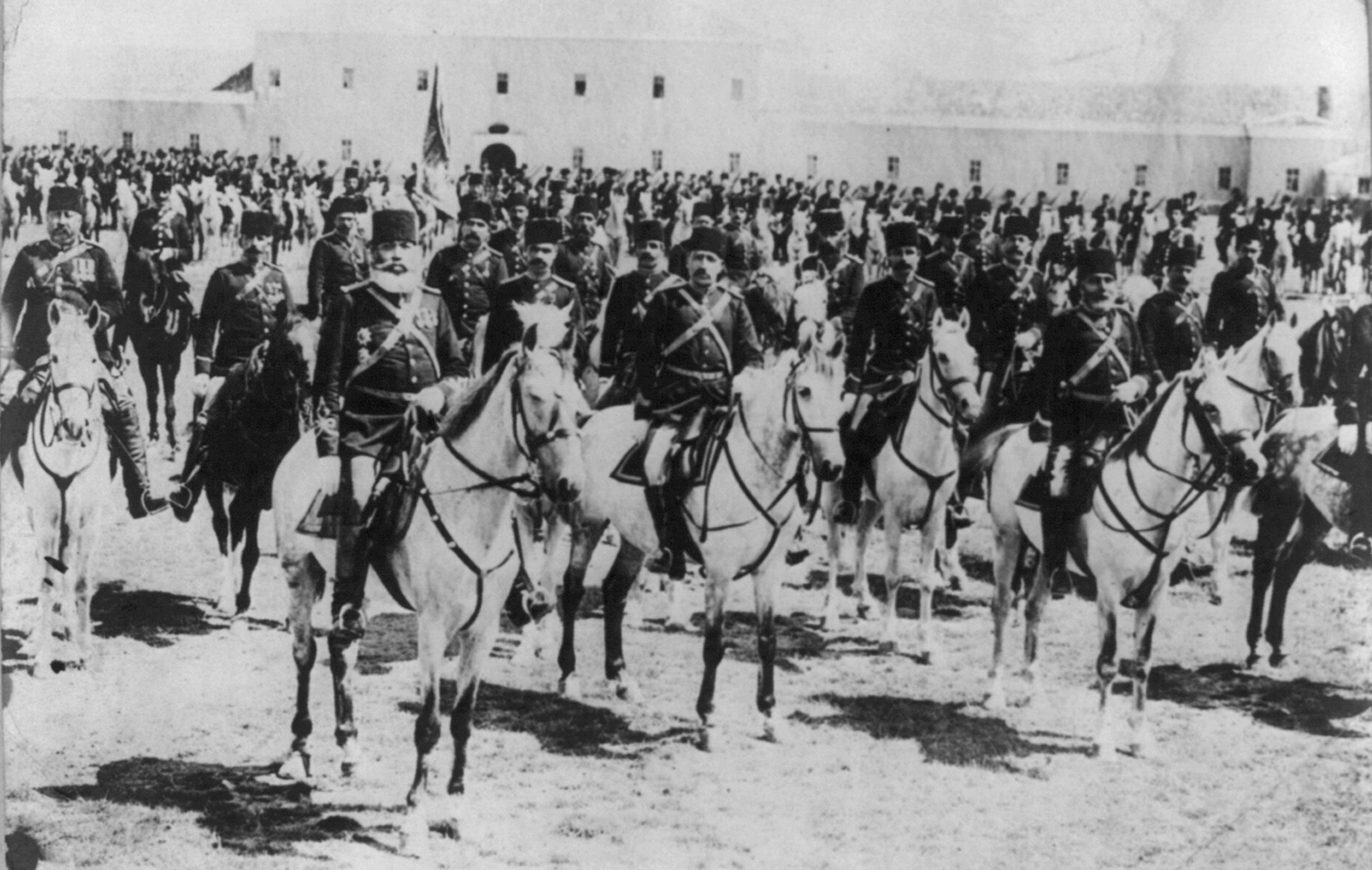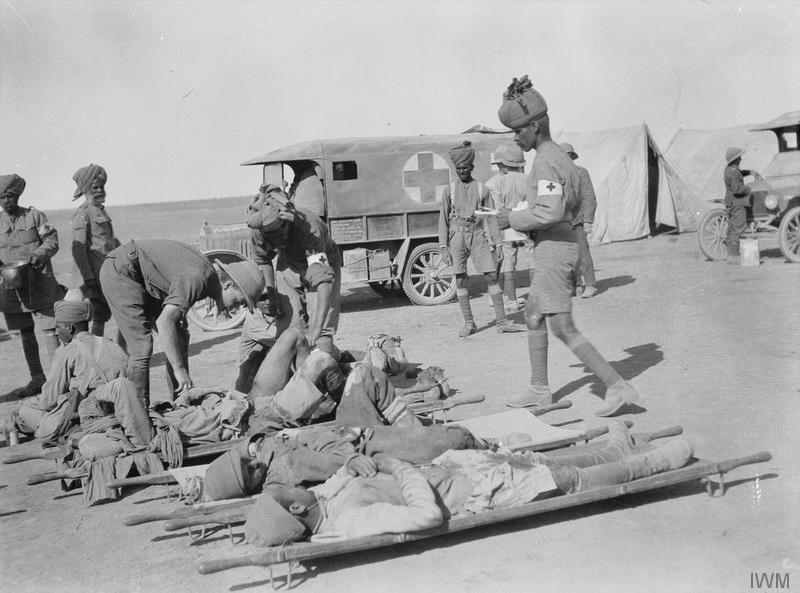Churchill’s Most Bellicose Mood.
From Safety of Switzerland, Lenin the Prophet.
Special to The Great War Project
(4-5 November) With the Turkish and Russian declarations of war, the conflict now spreads to the Middle East. And it is Winston Churchill, British First Lord of the Admiralty, who has a plan for a quick and deadly strike against Turkey.
Churchill is “itching for a fight,” reports historian Sean McMeekin. Prime Minister Herbert Asquith notes that Churchill “is in his most bellicose mood.”
His goal – knock Turkey out of the war.
According to historian Martin Gilbert, Churchill proposes bringing thousands of Russian troops by sea from Russia’s northern regions. The plan is to use the Russian troops to attack the Turks from the south, on the Gallipoli Peninsula.
Churchill is exceedingly optimistic about this plan. “No other military operations are necessary,” he writes to the British Foreign Secretary, Sir Edward Grey. “The price to be paid in taking Gallipoli would no doubt be heavy,” Churchill adds prophetically, “but there would be no more war with Turkey. A good army of 50,000 men and sea power – that is the end of the Turkish menace.” Other troops are already underway to take the fight to the Middle East. Several thousand British and Indian troops leave Bombay, and are steaming toward the Ottoman province of Mesopotamia (now Iraq), only a few days away.
Britain’s relations with the neutral states are under severe stress.
British naval forces are blockading Germany, preventing necessary shipments of food and weapons to Germany. To counter this, German warships are laying mines in crucial shipping lanes and throughout the North Sea, putting American ships in jeopardy.
Britain declares “the whole of the North Sea must be regarded as a British military area and that parts of it would be mined…
Neutral ships would enter the North Sea ‘at their own peril.’”
The United States is preserving strict neutrality, but Gilbert notes, “the commercial and profit-making aspects of war were not impeded by neutrality, indeed they were stimulated by it.”
In these days a century ago, Churchill negotiates with American manufacturers to produce 14-inch guns for eight battleships, among other warships. The work is to take place in Buffalo and on Long Island.
“The first of a swelling tide of war materials had begun to make its way across the Atlantic to Britain and France,” Gilbert writes. “Submarines were to be next, ordered by Britain and transported by boat across the Atlantic in strictest secrecy.”
The Russian revolutionary leader Vladimir Lenin is watching the war spread from the safety of his sanctuary in neutral Switzerland. “The epoch of the bayonet has begun,” he writes. From it, he predicts, “a civil war between the classes would emerge, the prelude to revolution and the triumph of the working class.”
Lenin’s perceptions are prophetic. Early in November, writes historian Norman Stone, “the war took on a properly worldwide scale. Its origins had much to do with the position of the Ottoman Empire, in fact the entire Middle East, including Persia.”


